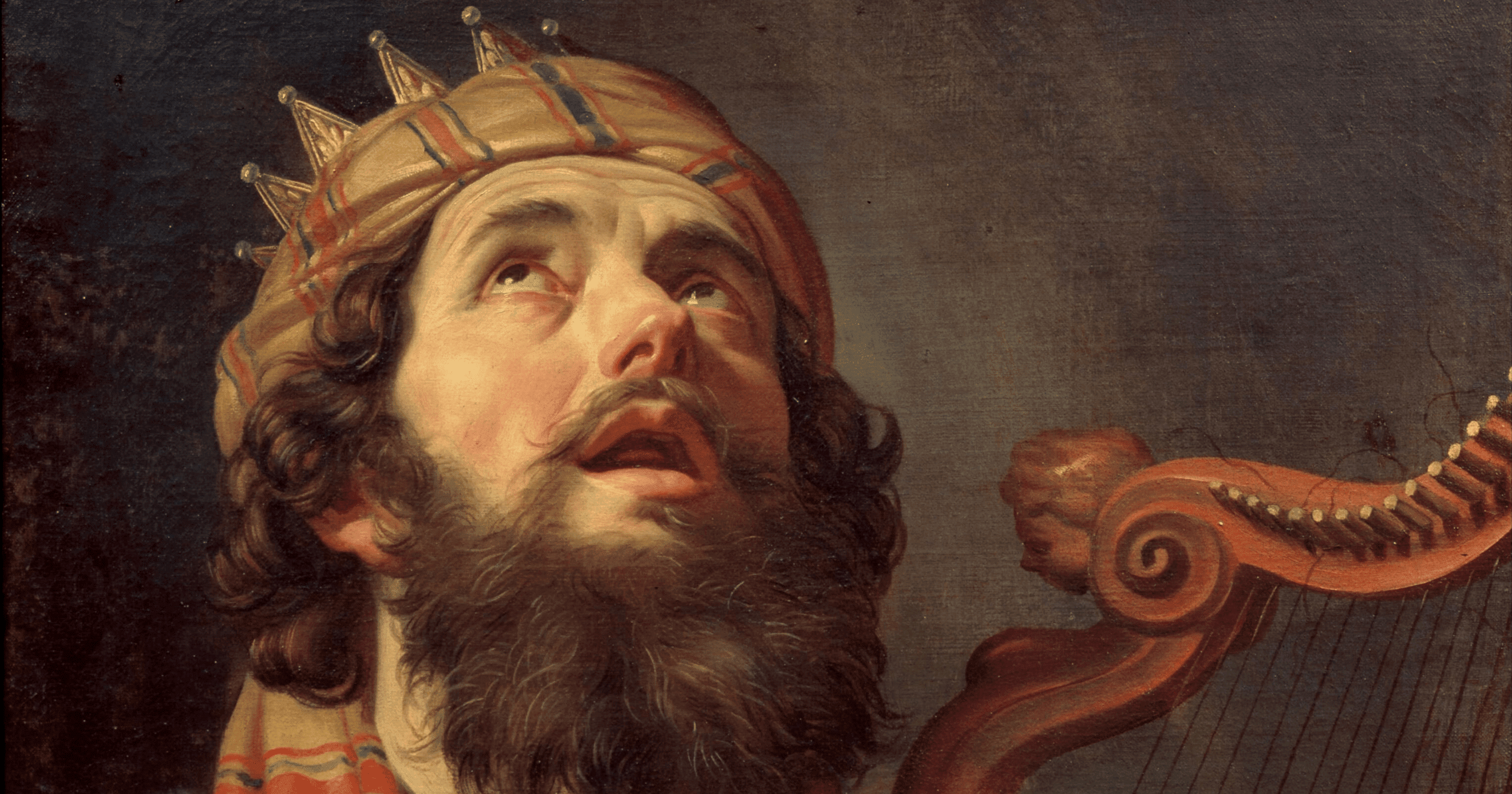This life has been given to you for repentance; do not waste it in vain pursuits.
(Isaac of Nineveh, Mystic Treatises, 79, page 365)
I’ll bet you dollars to donuts when you’re considering your life’s purpose, repentance isn’t the first word that pops into your head.
In fact, it’s probably not even the twentieth word that pops into your head.
There’s a good chance repentance doesn’t even make the list of words that come to mind whenever you’re contemplating your life’s purpose.
But according to Mor Isaac of Nineveh, that’s exactly what your life and my life is all about!
So what does this mean? Are you supposed to spend your whole life walking around feeling guilty and depressed over being the “miserable sinner” that you are? Are you supposed to beat your chest with a rock, flail your back with cords, gaze at a skull all day, and repeat over and over, “What a miserable worm I am! What a miserable worm I am!”?
If that’s the image that comes to mind when you hear the word repentance, then…
You’ve got the wrong idea of repentance!
Personally, I think this misunderstanding of the true nature of repentance comes from spending too much time looking at images of saints performing “penitential acts” (which are distinct from repentance, but can be a manifestation of it), and not enough time carefully and prayerfully reading the lives and writings of the saints, and listening attentively to the prayers of the Church.
What you’ll find when you prayerfully dive into the lives and writings of the saints isn’t a group of men and women who neurotically turn inward and see nothing but their own sinfulness. If that were the case, all the saints would be clinically depressed individuals suffering from an acute guilt-complex and lacking all hope for salvation.
But that’s not what you’ll encounter in the lives of the saints at all!
The saints weren’t gloomy, clinically depressed, and hopeless individuals — although some of them did in fact struggle with severe depression. They were and are immensely attractive individuals. They radiate a love, peace, hope, and joy that’s completely magnetic. People want to be around them and will go to great lengths to seek out their company.
Why is this the case?
What you encounter in the saints — whether in reading their lives and writings, or if you are fortunate enough to know one personally — are individuals who are madly in love with God and are willing to give up everything so as to cling more closely to Him.
As Mor Isaac puts it, “No one loves anything without multiplying his connections with it.”
Multiplying Connections with God
Multiplying connections with the object of your love implies cutting your connections to anything that keeps you from the object of your love. Case in point: A young man who marries a young woman cuts off his intimate connections with all his past girlfriends. Why? Because if he didn’t it’d be a huge slap in the face to his bride, for one. But his primary motivation is that he wants to build a life of total love and intimacy with this one woman. He can’t do that so long as he holds onto his ties with old girlfriends.
And here we get at the heart of the true meaning of repentance: cutting off connections to all those things that keep us from fully receiving and living in God’s love, while at the same time multiplying our connections to God Himself.
It’s a two-fold movement of turning away from one thing, and turning toward something else.
In the spiritual life, according to Mor Isaac and the Desert Fathers from whom he learned, this doesn’t just mean turning away from your sinful actions and desires. It means also turning away from the lesser goods of this world — family ties, wealth and property, the esteem of others — in order to completely abandon yourself to the love and care of your heavenly Father.
Now, I realize that you probably can’t cut your ties with your family. If you’re like the majority of Catholics, you’re probably living in the world and, therefore, need to provide for your own and possibly others’ material needs. Mor Isaac realized that too, and that’s why he prescribes a different path of total abandonment for laypeople than he does for the monk and hermit (we’ll get to that in a future article).
The main point, the overarching lens through which Mor Isaac views this process of repentance is the idea of “captivity.” He asks: What is it that holds you captive? The “world,” or the love of God? Repentance, he says, means “regaining the soul from the captivity of the enemies” (i.e. anything that keeps you from God’s love).
Want to know what this look like and how it’s done? Then stay tuned, because that’s what the next article will be about!


















What a bunch of rubbish. Why is God creating people who sin ? Why is he always testing and tempting us? He created the world. He even created Satan. He gives us life to test our allegiance to him, and we end up suffering and die waiting for God to save us? We have to watch our loved ones die, to test our love for him and them. He hasn’t saved any one. How much history do you need. We all pray to a guy bleeding on a bloody cross, a Terrorist act, in fact created by God, because God knew it was going to happen. God kills his own son. What kind of rubbish is that? Horror is what it is. Die for me? No THANKS. How about if he wanted to give me life, no sin or strings attached. I don’t need girl friends or a wife . I only need life forever, and not subjected to the mad world of Terror, Money, Disease, old age, handicapped, and people born with 2 heads, and one body. Jesus is one sick in the head RETARD. If this is what life is about, I have a major lawsuit against the moron. He created hell, then he can go there with the rest of his thug retards. DISGUSTING .